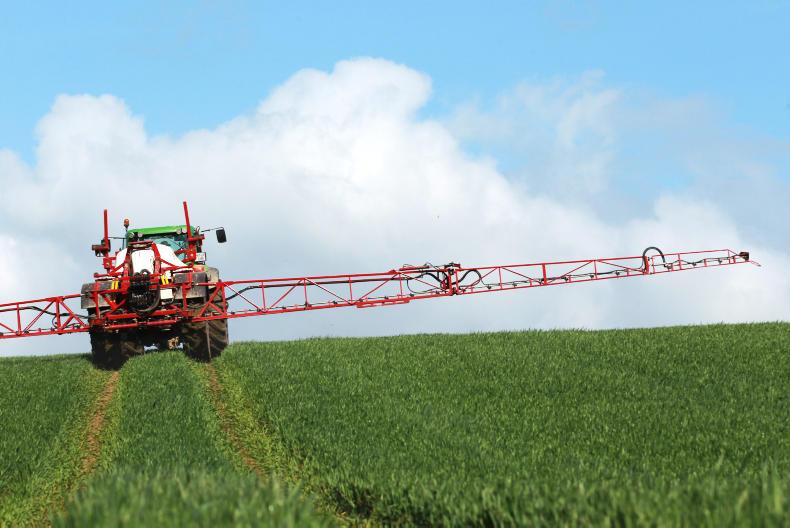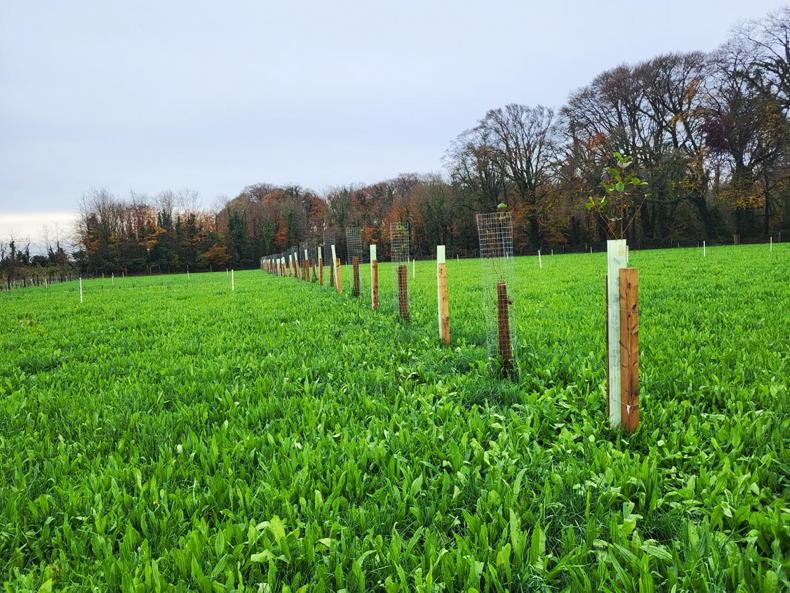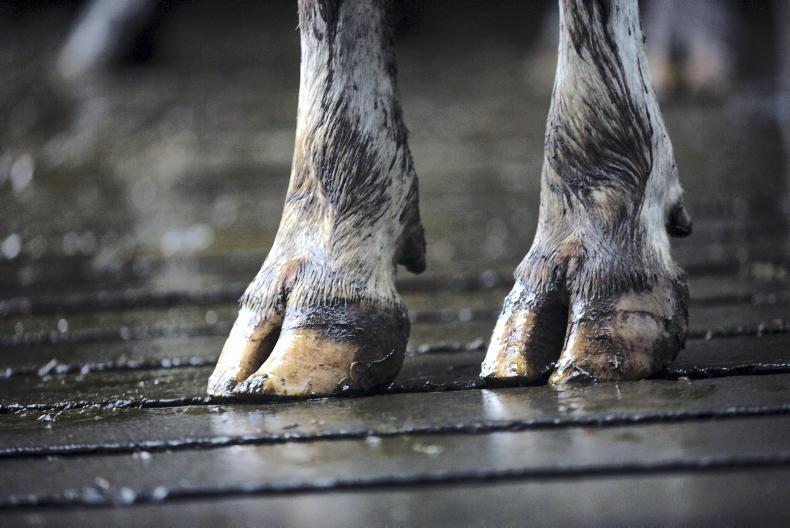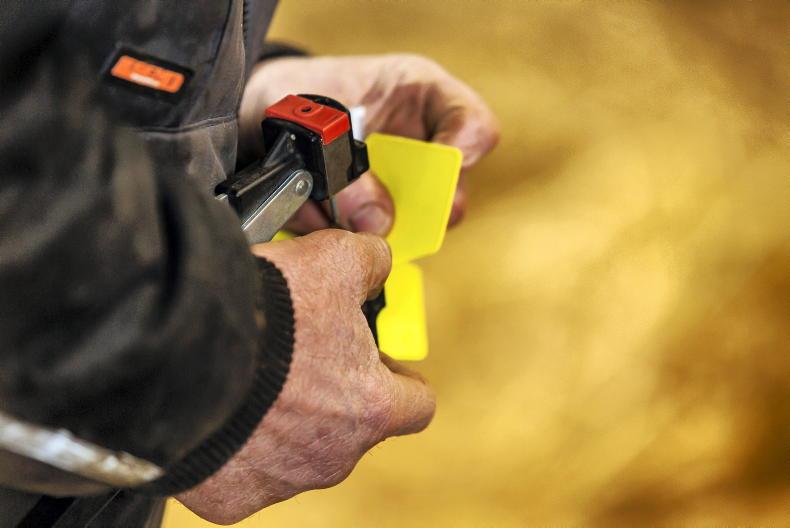The European Commission is set to cut fertiliser use by 20%, pesticides by 50% and increase farmland under organic production by 25% by 2030 under its EU Biodiversity Strategy to 2030.
The latest draft of the strategy, seen by the Irish Farmers Journal on Wednesday and due to be launched later this month, said the Commission will take action to “reduce the use and risk of chemical pesticides by 50% by 2030 and reduce by 50% the risk entailed by high-risk pesticides by 2030”, in a bid to reverse the decline in farmland birds and pollinators.
The future Commission action plan on organic farming will include measures to increase demand for organic products
The Commission will also reduce the use of fertilisers by at least 20% by 2030 and the Commission will develop an integrated nutrient management action plan in 2022.
At least 25% of the EU’s agricultural land must be under organic farming by 2030, under the strategy. “The future Commission action plan on organic farming will include measures to increase demand for organic products,” it said.
Designations
It also shows that member states will be required to designate “additional protected areas” which, at a minimum, will be an extra 4% of land in the EU and would be outside of the current Natura 2000 lands.
Areas of very high biodiversity value or potential “should be granted special care in the form of strict protection”, according to the strategy. This means land would have a level of protection which is not necessarily no-go area, but that allows “no significant disturbance of natural ecological processes”.
Payments and CAP
A previous draft of the strategy said the Commission would compensate farmers for the maintenance of non-productive areas in each member state’s CAP strategic plan.
However, this latest draft of the strategy has no mention of compensation to farmers.
“There is an urgent need to bring back at least 10% of utilised agricultural area under high-diversity landscapes, like buffer strips, rotational or non-rotational fallow land, or landscape features,” it says.
The Commission will ensure that the CAP strategic plans are assessed against robust climate and environmental criteria
The biodiversity strategy will work in tandem with the new Farm-to-Fork strategy and the CAP, through the promotion of eco-schemes and result-based payment schemes, and they will share monitoring and reporting systems.
“The Commission will ensure that the CAP strategic plans are assessed against robust climate and environmental criteria. These plans should lead to the use of sustainable practices such as precision agriculture, organic farming, agro-ecology, agro-forestry and stricter animal welfare standards and contribute to the implementation of the objectives under this strategy.
“CAP will in addition have a key role to play by encouraging farming practices that maintain soil fertility,” it said.
EU to plant 3bn trees
The European Commission has said that in addition to strictly protecting all remaining EU primary and old growth forests, the EU must increase the quantity and improve the quality of forests.
An EU Forest Strategy will be developed and a roadmap will be established for planting “at least 3bn additional trees” in the EU by 2030.
Trade
Measures will be taken by the Commission to ensure that all relevant EU policies, including its trade policies, are sustainable and should live up to a green oath to do no harm, including to biodiversity.
In terms of trade deals, it said all food and other products that are placed on the European market must also fully comply with relevant EU regulations and standards as well as international commitments.
It will propose measures to avoid or minimise the placing of products associated with deforestation or forest degradation on the EU market.










SHARING OPTIONS